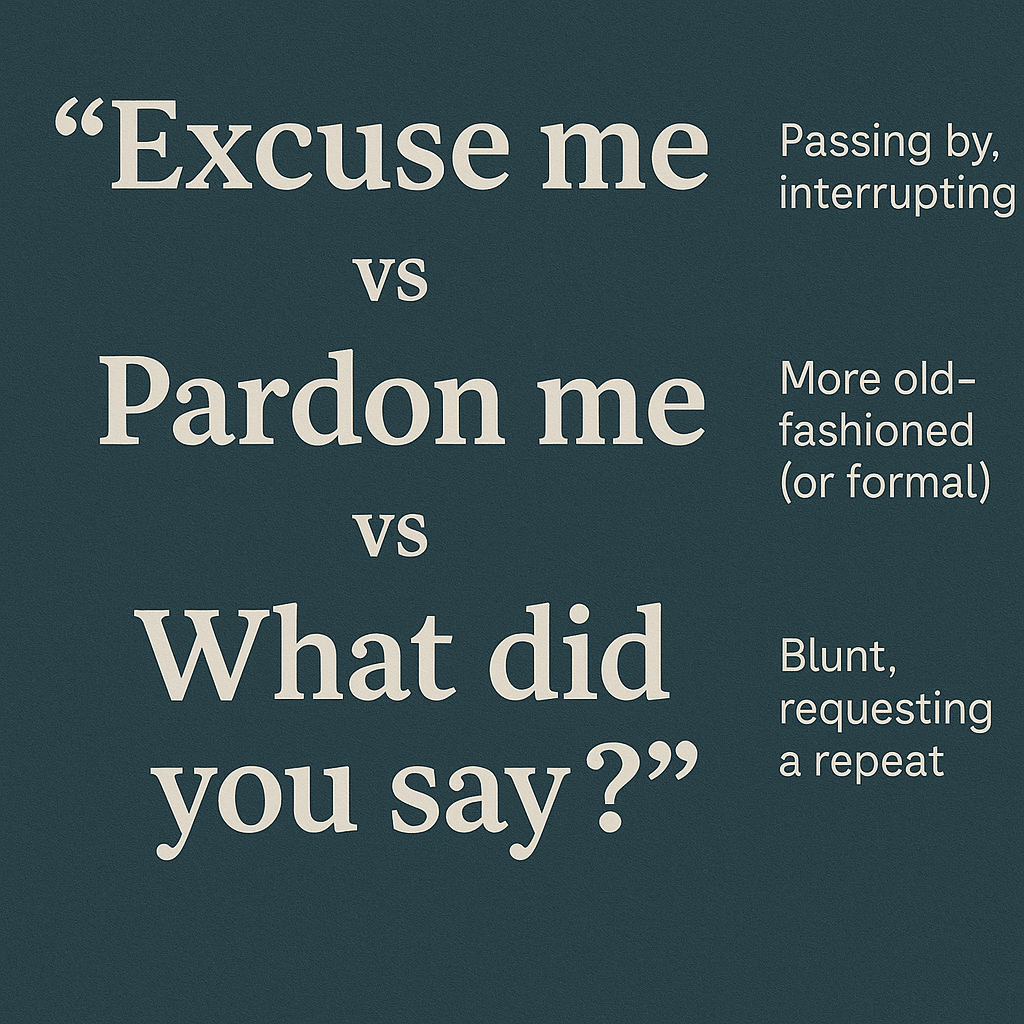The Power of Intonation in German
“Er arbeitet nicht zu Hause.”
Is that a negation, a correction — or a question?
In German, intonation alone can turn the same sentence into a different meaning. Yet most textbooks don’t even mention this.
One Sentence. Three Meanings.
In German, intonation is grammar. The placement of nicht doesn’t always tell the whole story — the melody of your voice does.
| Sentence | Meaning | What’s happening |
|---|---|---|
| Er arbeitet nicht zu Hause. | Full negation | He doesn’t work at home. |
| Er arbeitet nicht zu Hause. | Partial negation | He works — but not at home. |
| Er arbeitet nicht zu Hause? | Confirming question | Doesn’t he work at home? (Really?) |
🎧 The key difference?
Where the stress falls, and how your voice rises or falls.
Intonation Is Grammar — Not Just Emotion
We’re used to thinking of intonation as “how we feel.”
But in German, it’s often how we mean.
Compare:
- “Das ist Rolf.” → Flat tone = factual statement
- “Das ist Rolf?” → Rising tone = you’re asking
- “Ist das Rolf?” → Word order changes = neutral yes/no question
📌 Same words — different logic.
That’s the core of German intonation.
But English Does This Too — Sort Of
Let’s compare it side by side:
| Inglés | Alemán | Meaning |
|---|---|---|
| He doesn’t work at home. | Er arbeitet nicht zu Hause. | Full negation |
| He works, but not at home. | Er arbeitet nicht zu Hause. | Partial negation |
| He works at home, doesn’t he? | Er arbeitet zu Hause, nicht? | Tag question (confirmation) |
In English, we use tag questions like “doesn’t he?”
In German, you can just use rising intonation — often without changing word order at all.
Why Learners Struggle — and How to Fix It
Most students are taught word order, vocabulary, and rules.
But they’re rarely taught to listen for tone and stress — which are just as essential.
Try This:
- 📌 Record yourself saying the same sentence with different intonation. Hear the change in meaning.
- 📌 Play with stress. Move the emphasis to different parts of the sentence. See what changes.
- 📌 Imitate real speech, not just read it. Melody matters.
Conclusion: Not Just Grammar — It’s Logic in Action
“Nicht” doesn’t just negate — it reflects your focus, your attitude, your intent.
In German, logic is often expressed through sound.
And that’s something no textbook can fully capture.
When you master intonation, you don’t just speak German —
you think in it.
✍️ Written by Tymur Levitin
Founder, Director, and Lead Instructor of Levitin Language School
(Iniciar la Escuela de Idiomas por Tymur Levitin)
🔗 Explore More:
- 🌍 Choose your language to learn
- 📘 Visit our blog
- 🇺🇸 Read more articles (US site)
- 👨🏫 About Tymur Levitin
📣 Contact & Follow Us:
Telegram: @START_SCHOOL_TYMUR_LEVITIN
Viber / WhatsApp: +380 93 291 34 29
Grupo de Facebook: Join here
TikTok:
- 🇺🇦 https://www.tiktok.com/@start_language_tymur
- 🌍 https://www.tiktok.com/@start_tymur_levitin
Instagram: - https://www.instagram.com/timurlevitin/
- https://www.instagram.com/tymur_levitin/
Threads: https://www.threads.net/@timurlevitin
YouTube Shorts: LANGUAGES_with_TYMUR_LEVITIN
Tymur’s blog: https://timurlevitin.blogspot.com/
📎 Category:
Language Myths Busted (Author’s Column by Tymur Levitin)
© Copyright:
© Tymur Levitin, 2025
Author’s column by Tymur Levitin — founder, director, and lead instructor at Escuela de idiomas Levitin (Iniciar la Escuela de Idiomas por Tymur Levitin)
All rights reserved. Do not reproduce without permission.
























